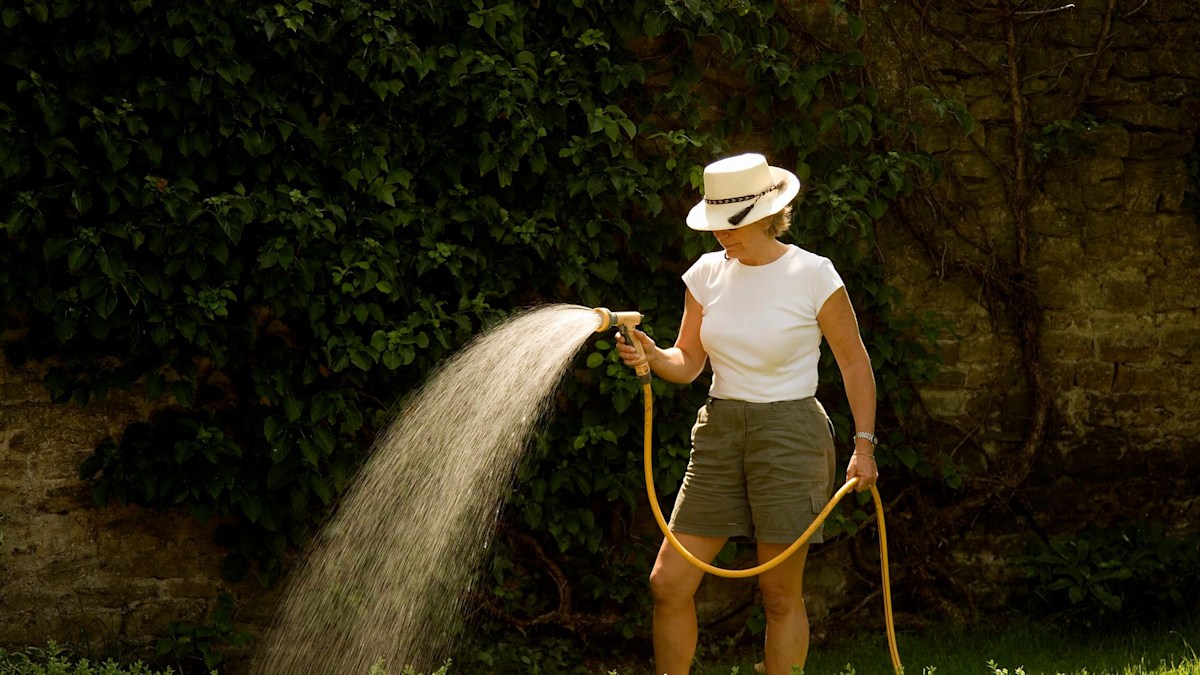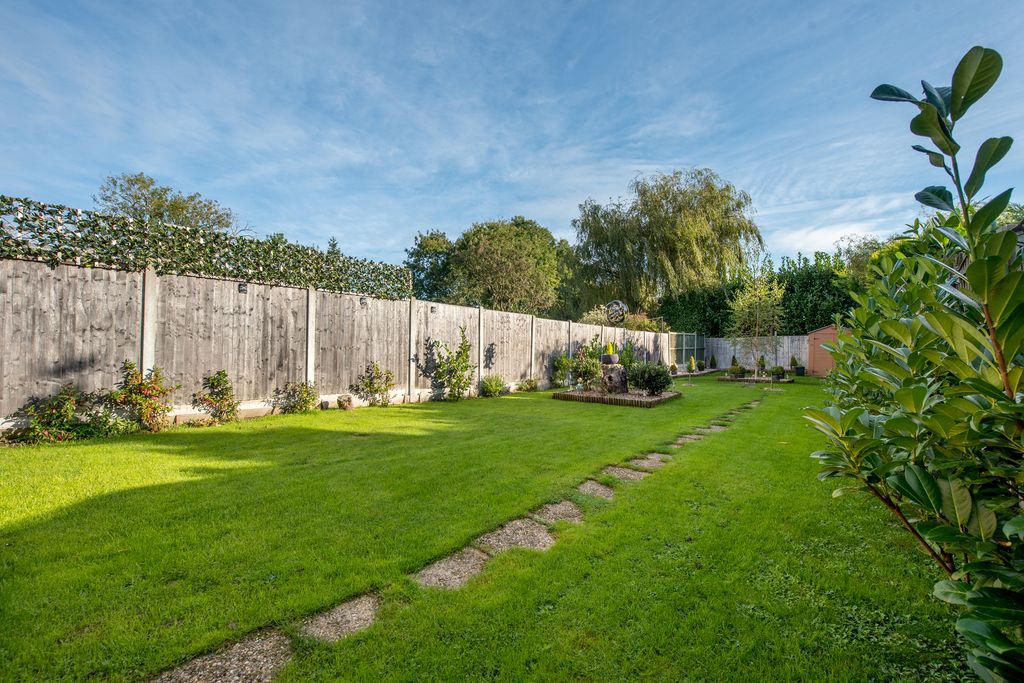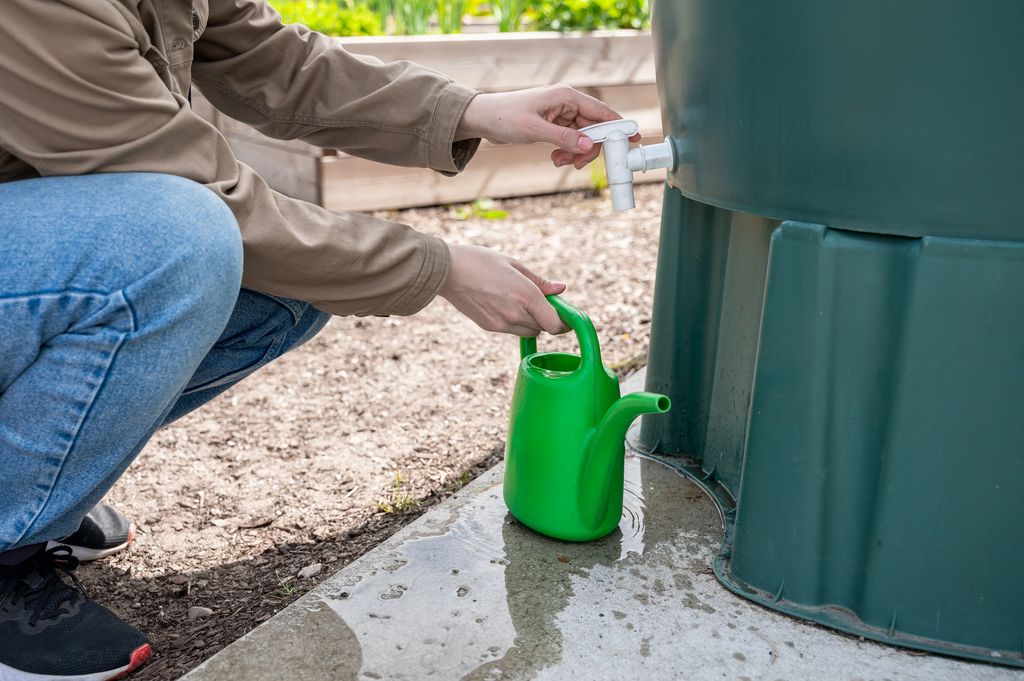While we are busy basking in the glorious sunshine, our poor gardens are baking. This spring saw the lowest amount of rainfall in over a century, and the start of summer has been a scorcher too. Your grass may be looking yellow and your plants wilting, but we’ve got expert advice from British Garden Centres on hand. Here are the big no-nos that are probably making your garden even worse in this harsh weather.
1. Forgetting to use mulch
“Borders and flowerbeds are vulnerable during hot weather because the soil dries out quickly and one of the best ways to help is by using mulch. Mulch is a protective layer of bark, compost, straw or stones placed over the soil to reduce the evaporation of moisture. It’s worth this simple investment to protect your plants.”
2. Not paying enough attention to your pots
Did you know that plants in containers like pots dry out even quicker than those plants in the ground? The team suggest “a loam-based compost as it holds moisture better than lighter mixes”. They also advise “only watering during the morning or evening to prevent further moisture loss”. Even using light-coloured pots can help keep the soil cooler!
3. Choosing the wrong plants
If you want your outdoor space to thrive all year round, you need to do your research about types of plants. “Lavender, herbs, ornamental grasses and succulents are all great for withstanding drought conditions,” according to BGC.
4. Mowing your lawn in dry periods
Definitely a mistake I’ve made in the past. The team advises: “Cutting dry, dormant grass can cause damage and stress the lawn further. Once the rain returns, lawns usually recover and turn green again. After a drought, lawns can benefit from some gentle feeding to encourage natural activity in the soil and restore nutrients and promote healthy growth.”
5. Forgetting to utilise a water butt
With hosepipe bans coming into force in some areas of the UK, a water butt is a wise choice as BGC explains they are a great way to “supply watering during dry times”. Even if you don’t want to buy a water butt, you can gather large pots and buckets in your garden to collect rainwater for when you need it.
6. Leaving weeds to go wild
“Removing weeds is important because they compete with your plants for water,” the experts point out. So, stick your cap on and get outside in the sunshine to tackle those ever-growing weeds.
Read the full article here








